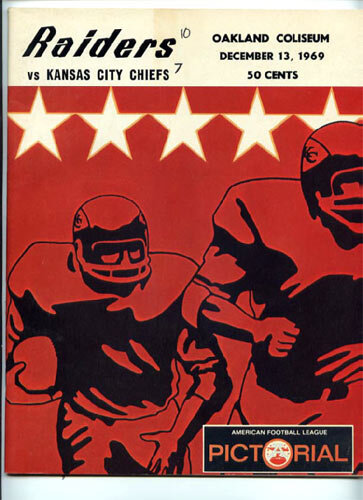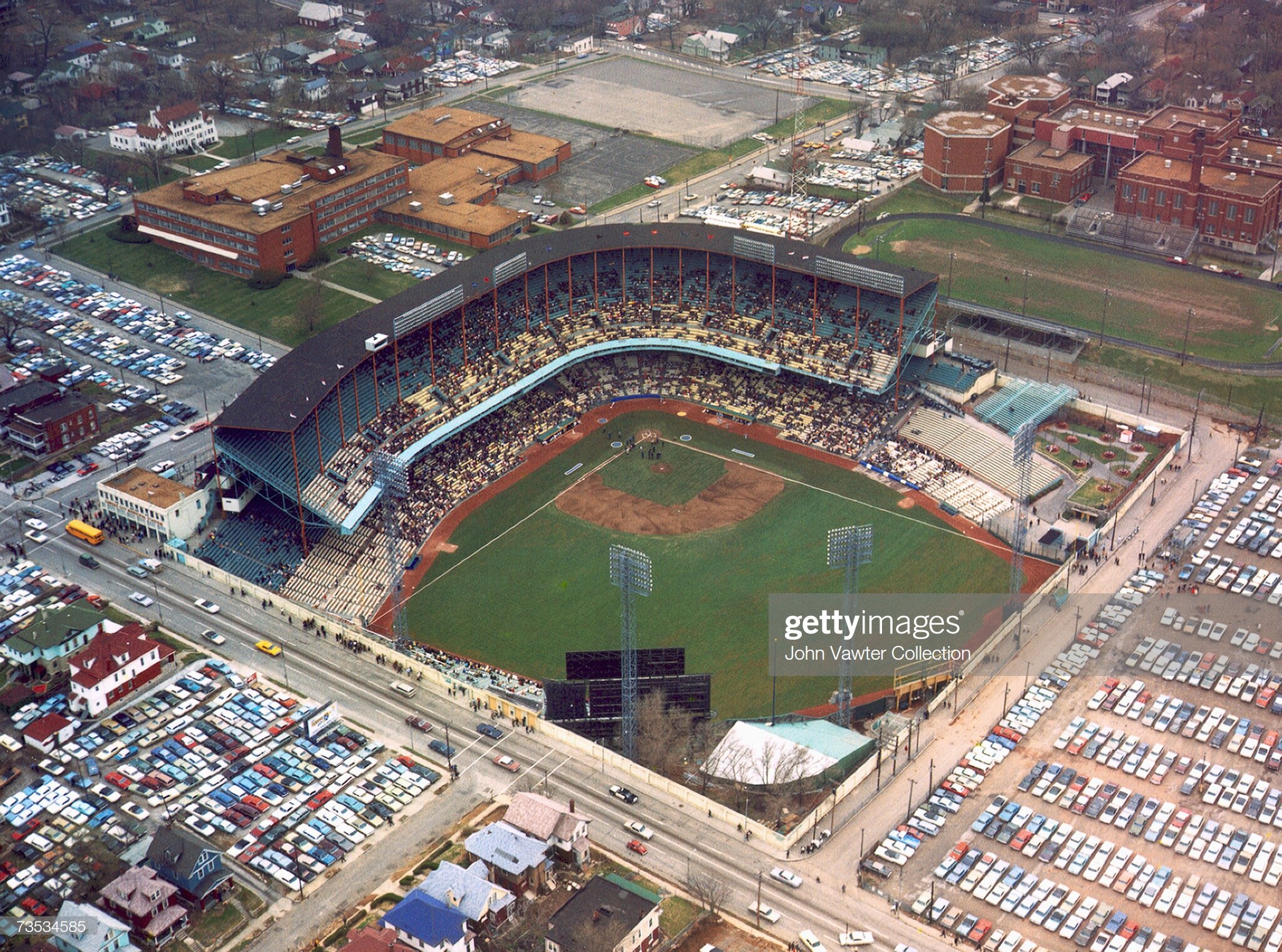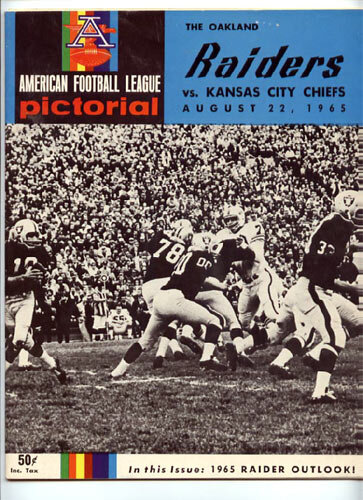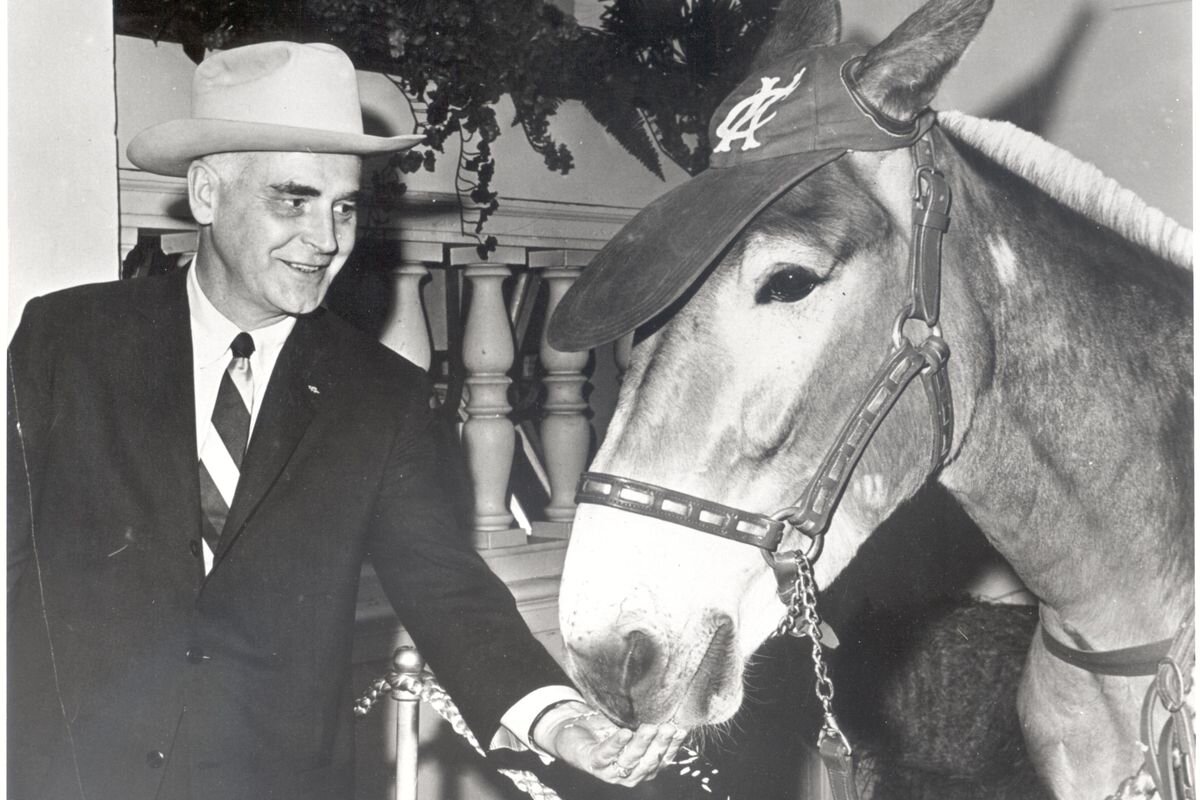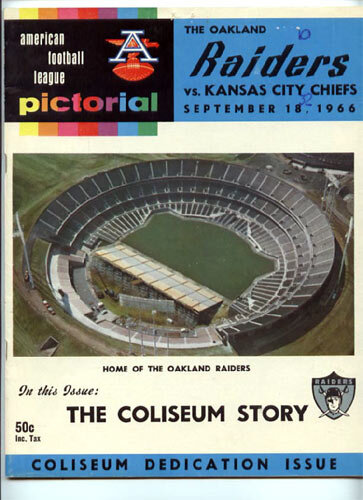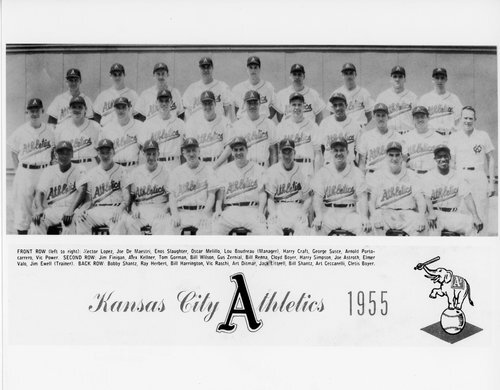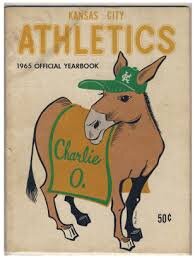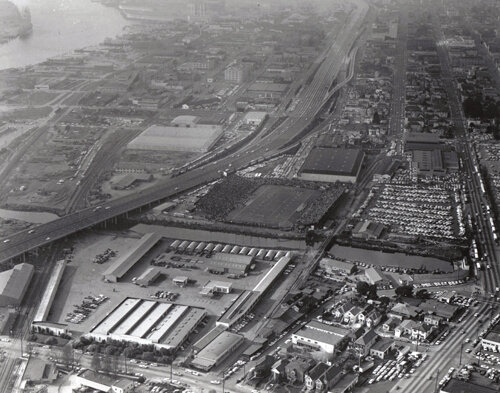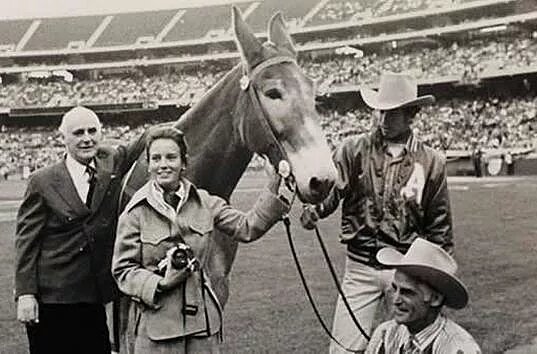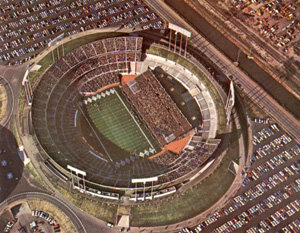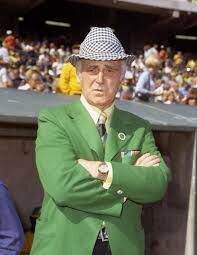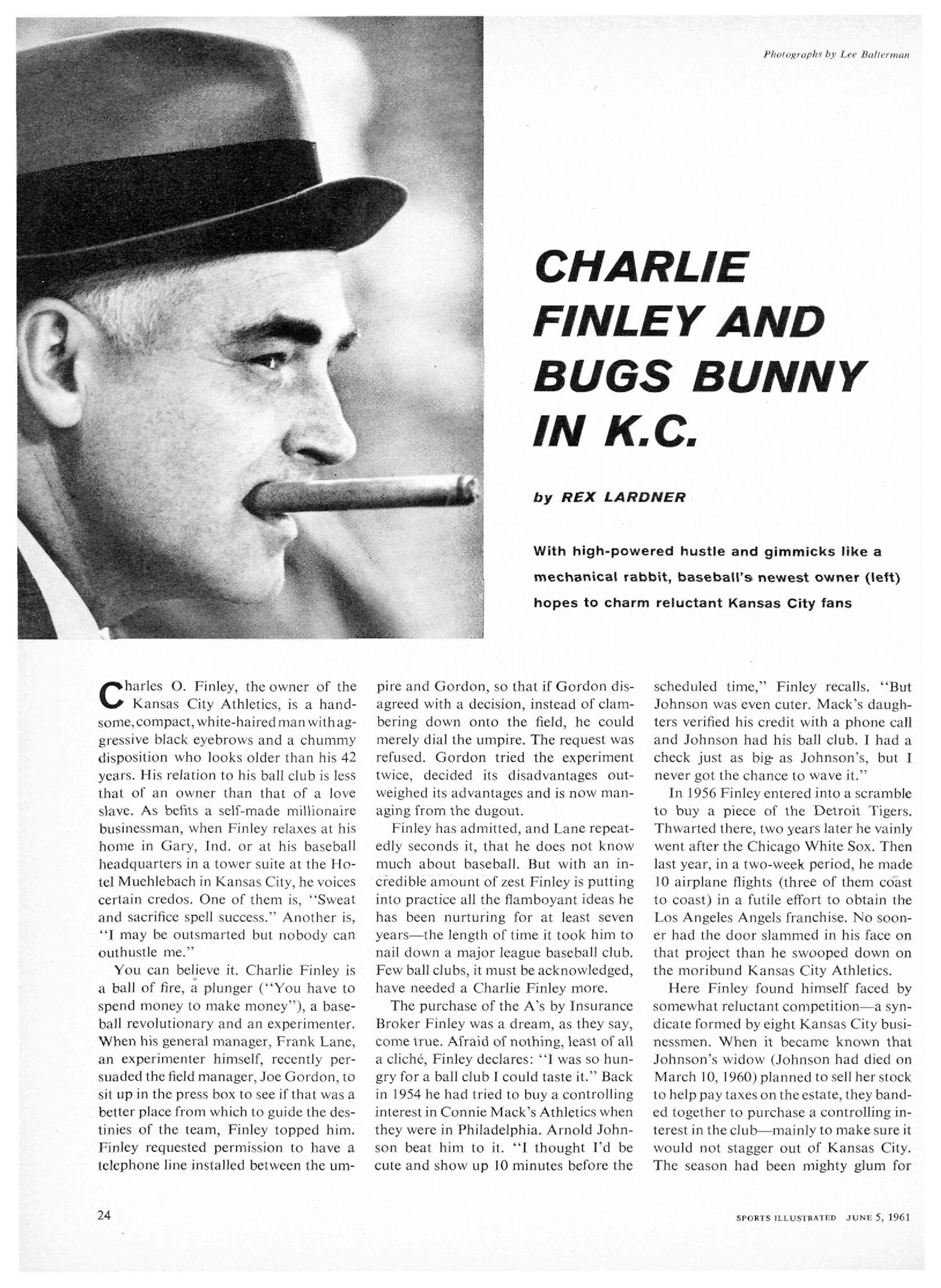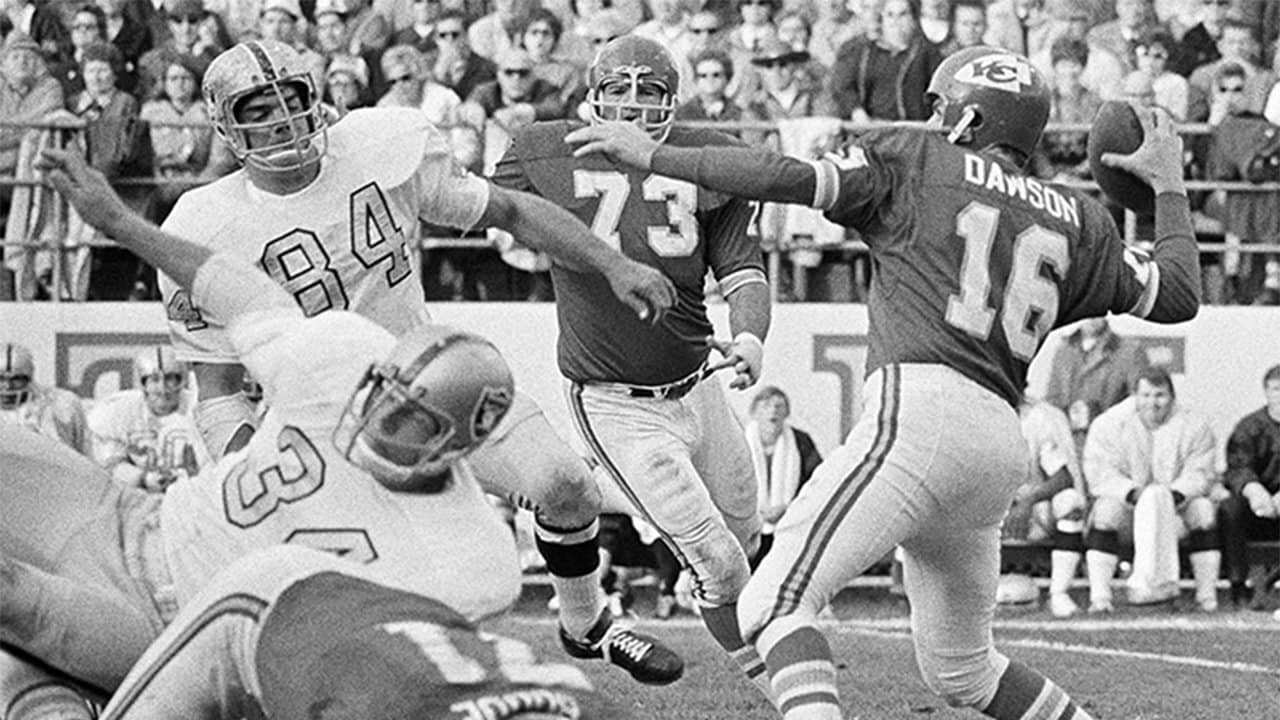By the end of the 1958 NFL season – one punctuated by an iconic, nationally televised “Greatest Game Ever Played” championship – interest in professional football had risen to unprecedented levels across the country, capturing enough attention to seriously challenge baseball for America’s chief sporting interest. Nowhere was the ground more fertile than in the state of Texas, where college and even high school football had held sway for generations – but the pro game (last attempted with a relocated 1952 NFL franchise called the Texans that ended in mid-season abandonment) had still yet to firmly root.
But in the spring of 1960, after an unlikely series of events, two young oil tycoons each became convinced of the opportunity to start their own pro franchises in Dallas’ legendary Cotton Bowl: a reincarnated club called the “Texans” – part of a new upstart circuit called the American Football League; and a hastily arranged response from the established (and newly threatened) NFL called the “Cowboys.” Virtually overnight, a bitter professional football feud was born – with Dallas sports fans caught in the crossfire.
Texans owner (and AFL league founder) Lamar Hunt and Cowboys head Clint Murchison wasted no time drawing battle lines for the hearts and minds of Dallas’ (and the state’s) pigskin faithful; their teams took each other to court, fought over players, undermined each other’s promotions, and rooted like hell for the other guys to fail.
Hunt’s Texans focused on the fans – building squads heavy on local legends and using clever promotions to draw attention to both his new team, and the new league. Murchison’s Cowboys concentrated their efforts on the game – hoping to quickly match the competitiveness of the NFL’s established teams with a young cerebral coaching talent named Tom Landry, and a draft strategy that eyed the long term.
John Eisenberg (Ten-Gallon War: The NFL’s Cowboys, the AFL’s Texans, and the Feud for Dallas’s Pro Football Future) joins host Tim Hanlon to discuss the three-year battle for pro football supremacy in Dallas – from which both teams eventually (and ironically) emerged victorious in their separate pursuits of success.
We love our friends at 503 Sports, OldSchoolShirts.com, SportsHistoryCollectibles.com, MyBookie, and Audible – and you will too!













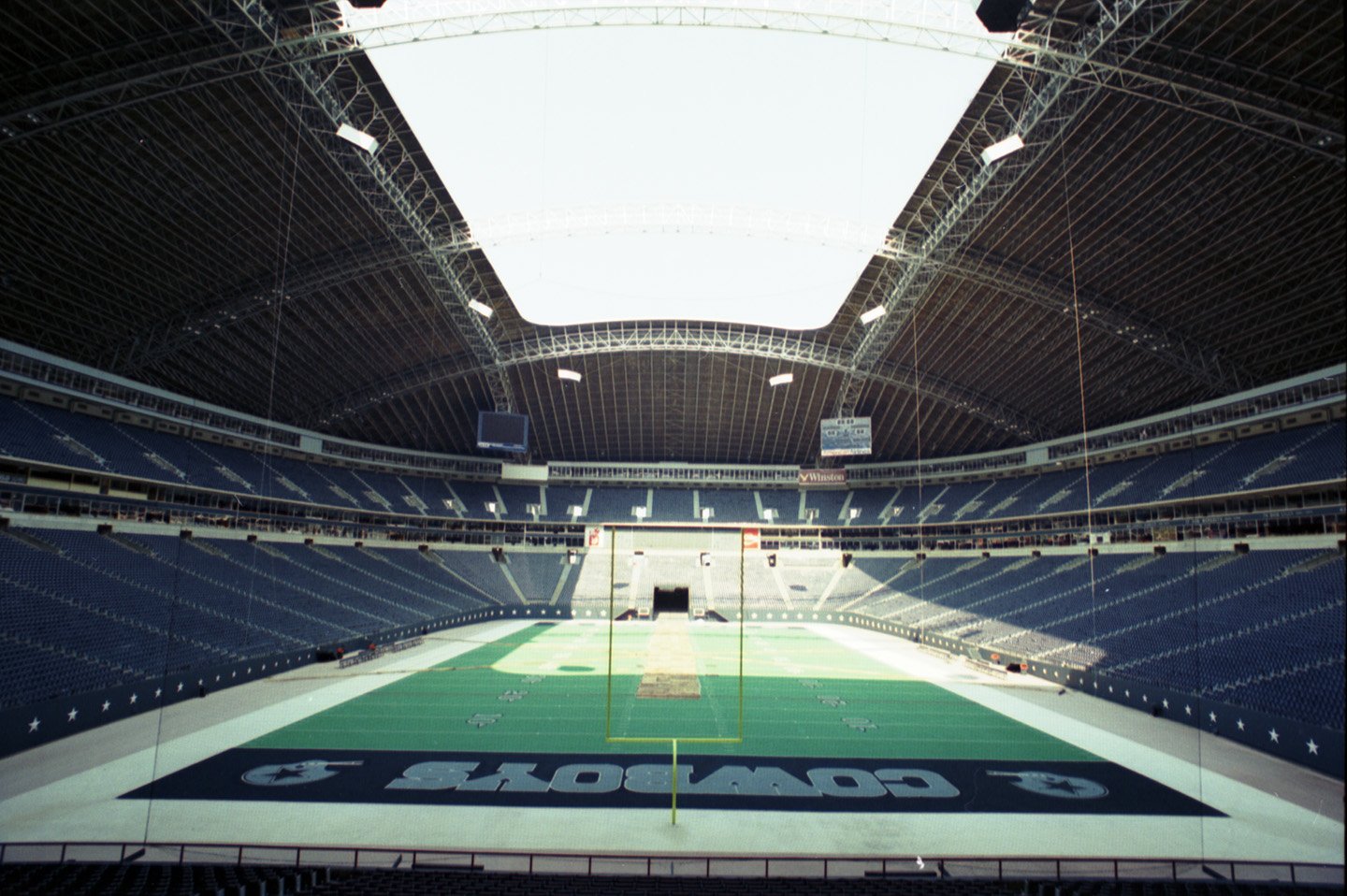
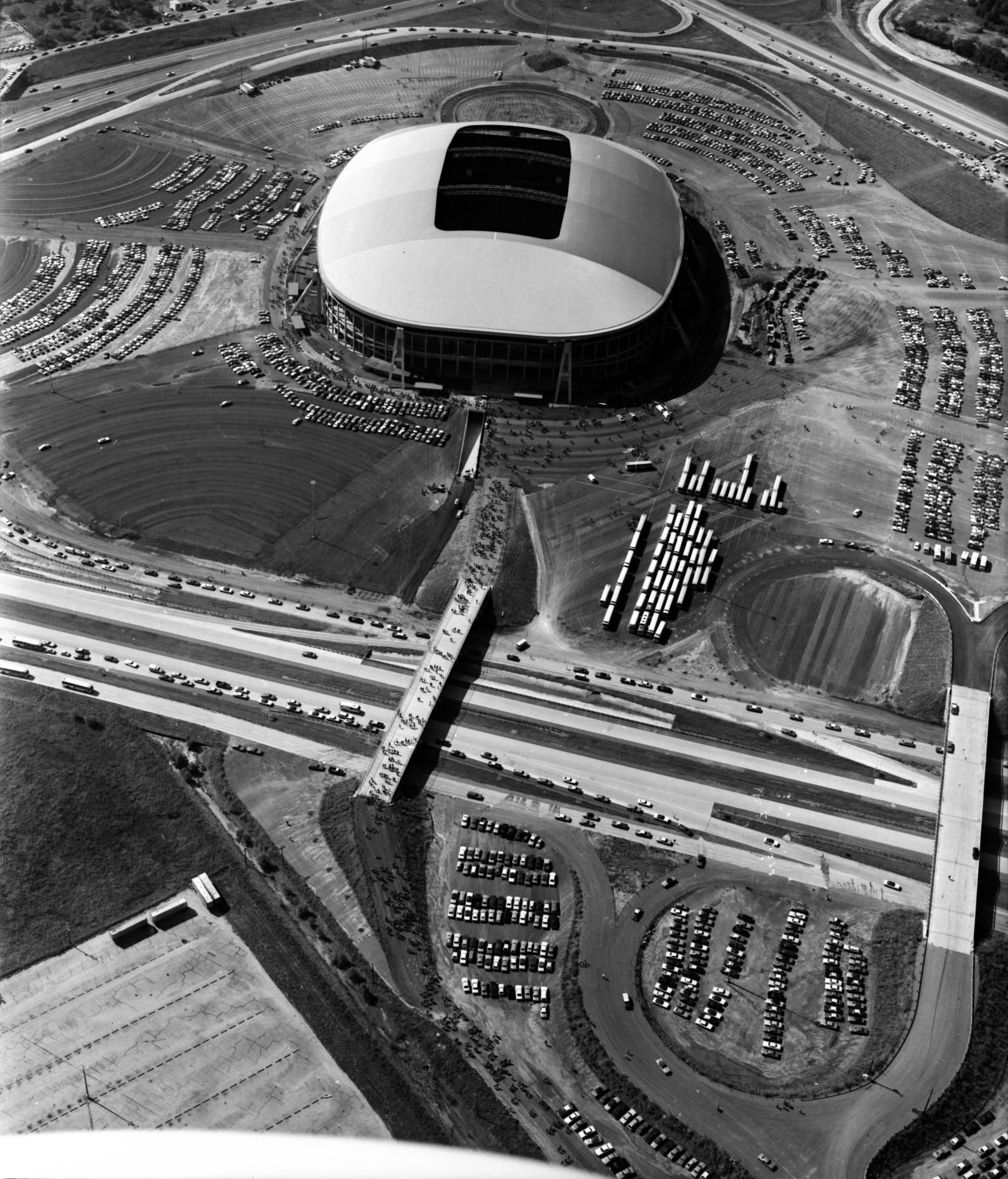
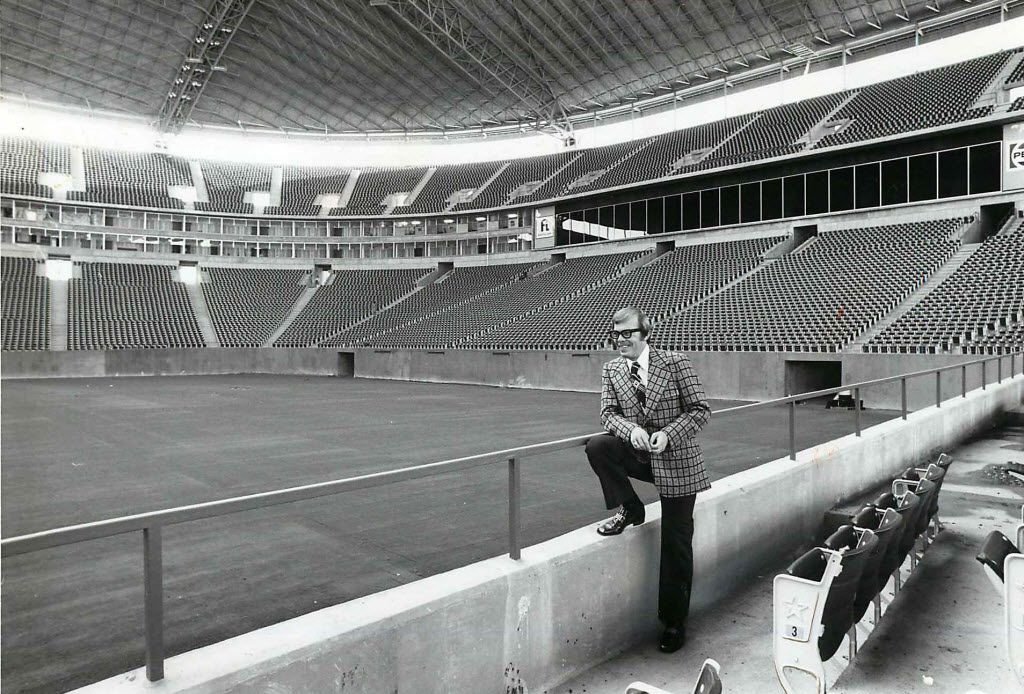
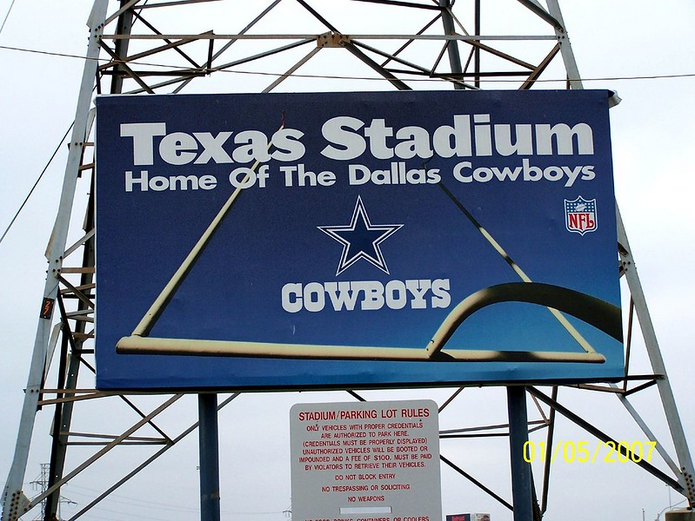
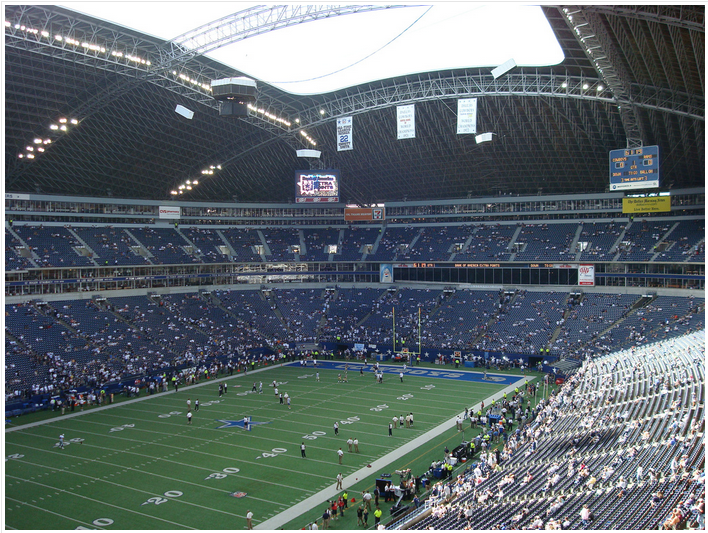
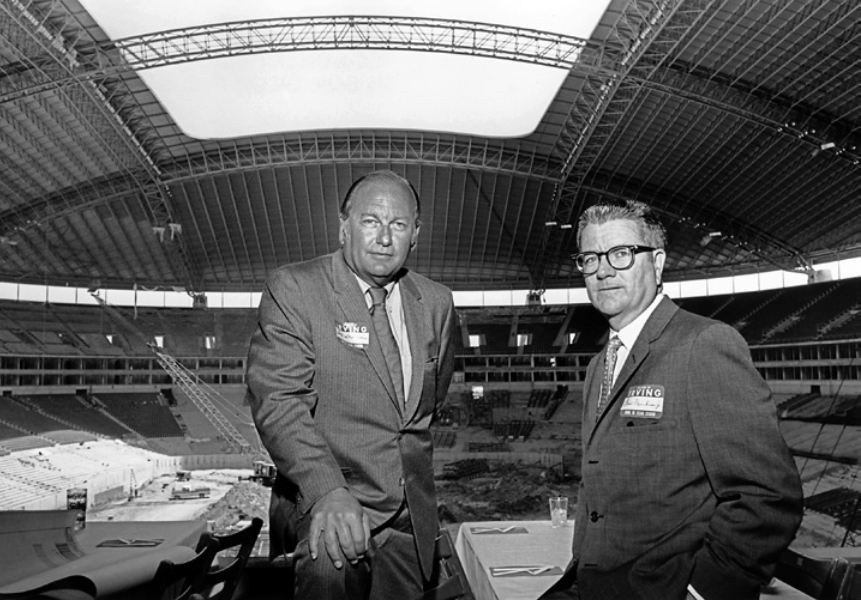
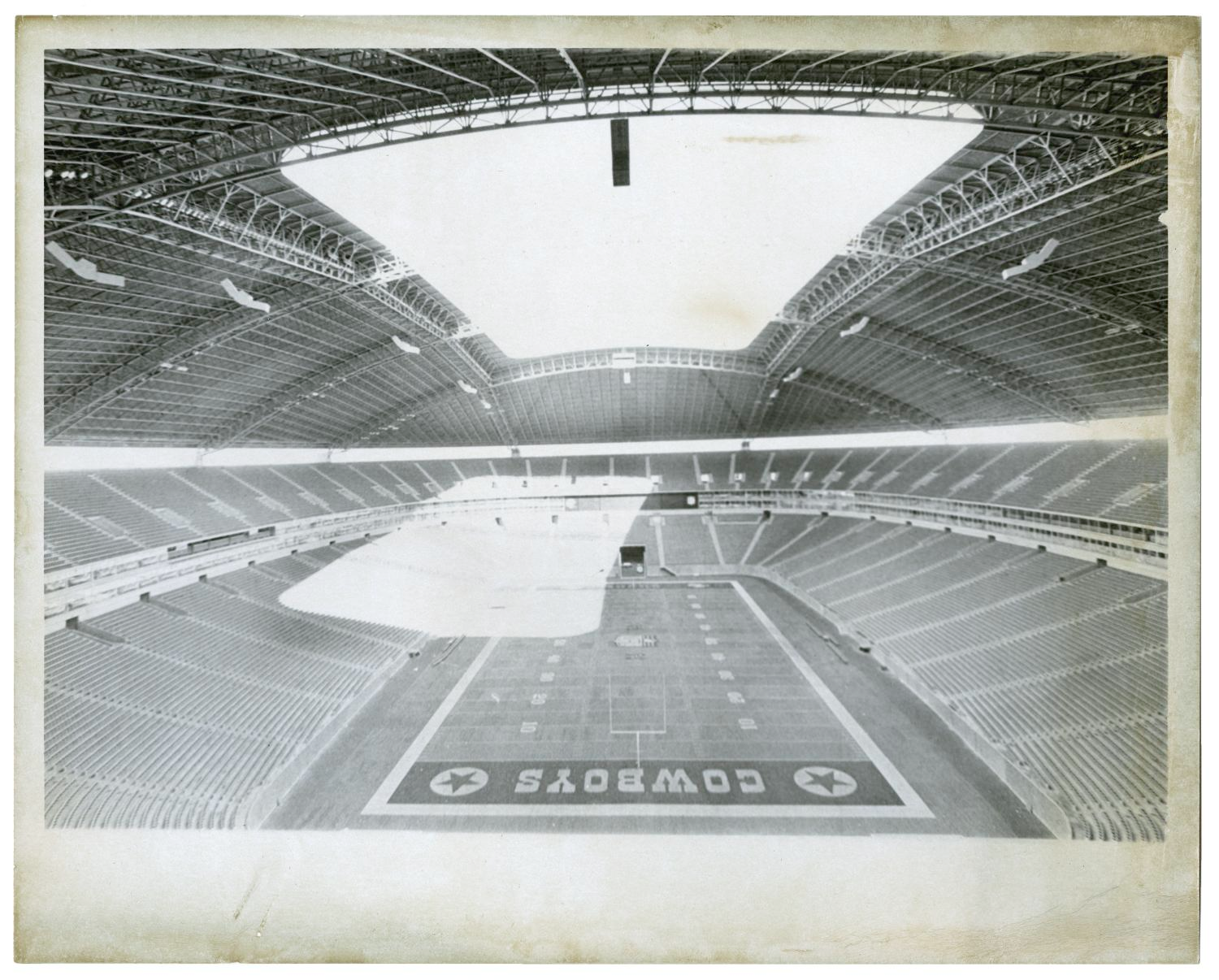
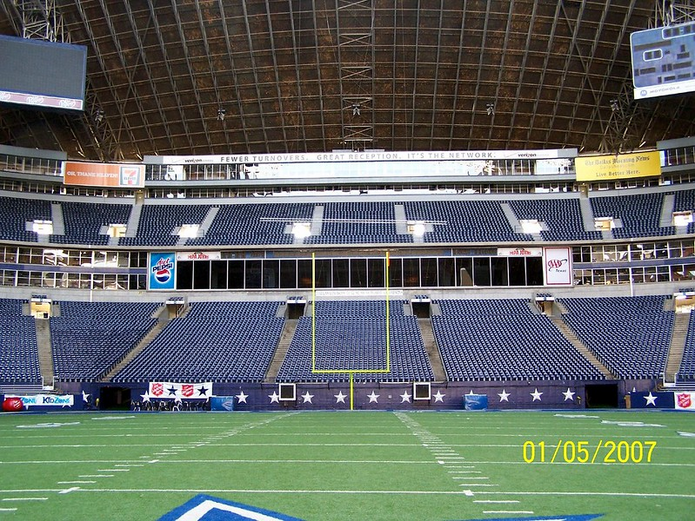
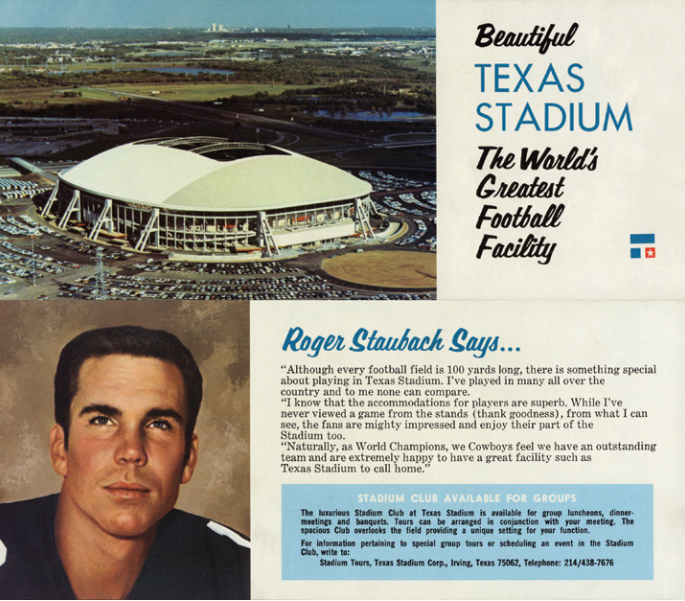
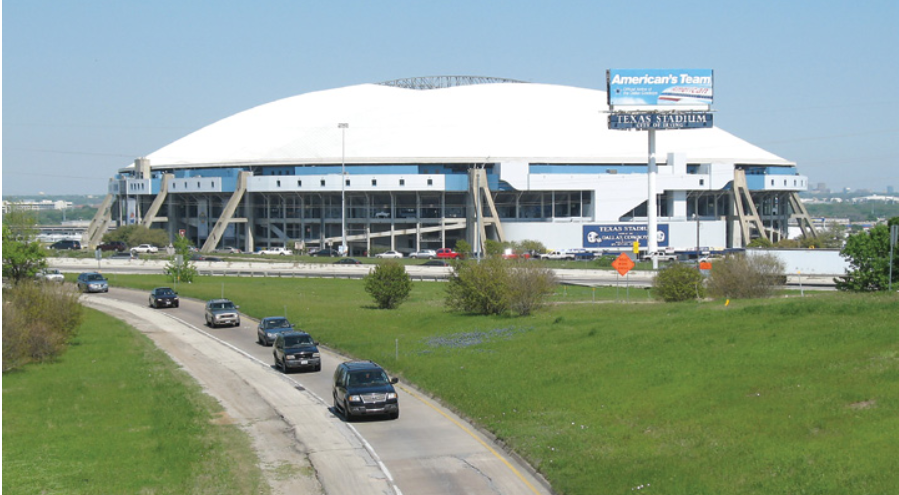
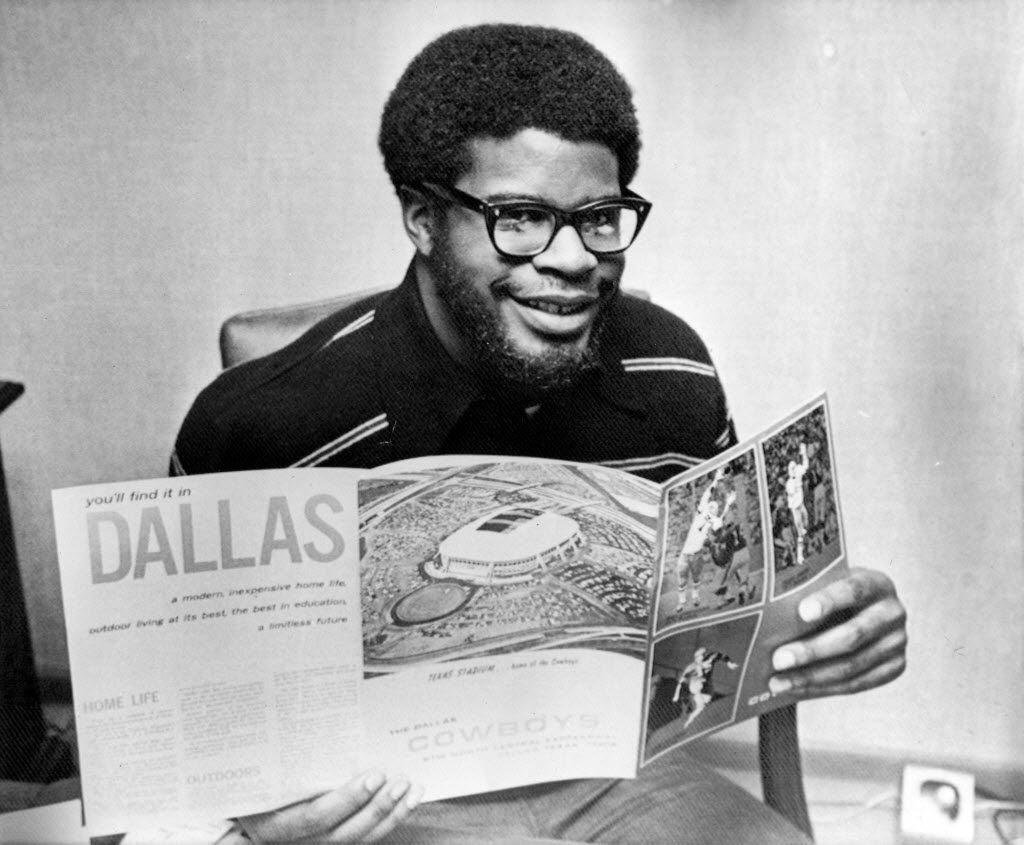
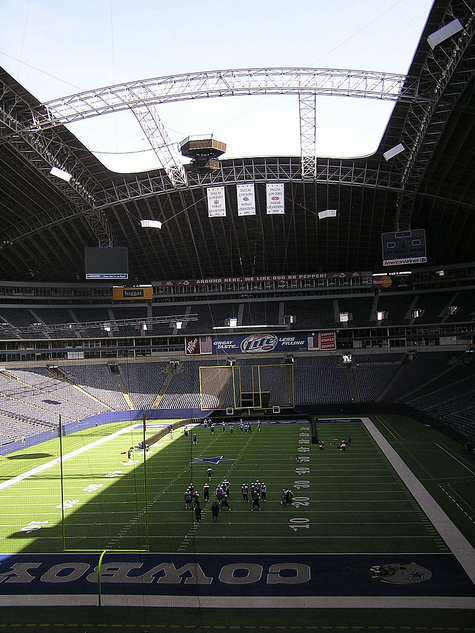
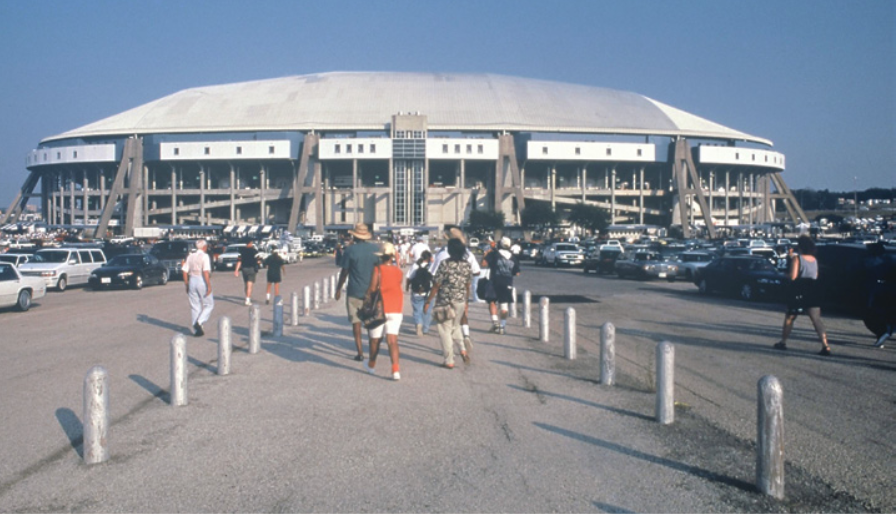

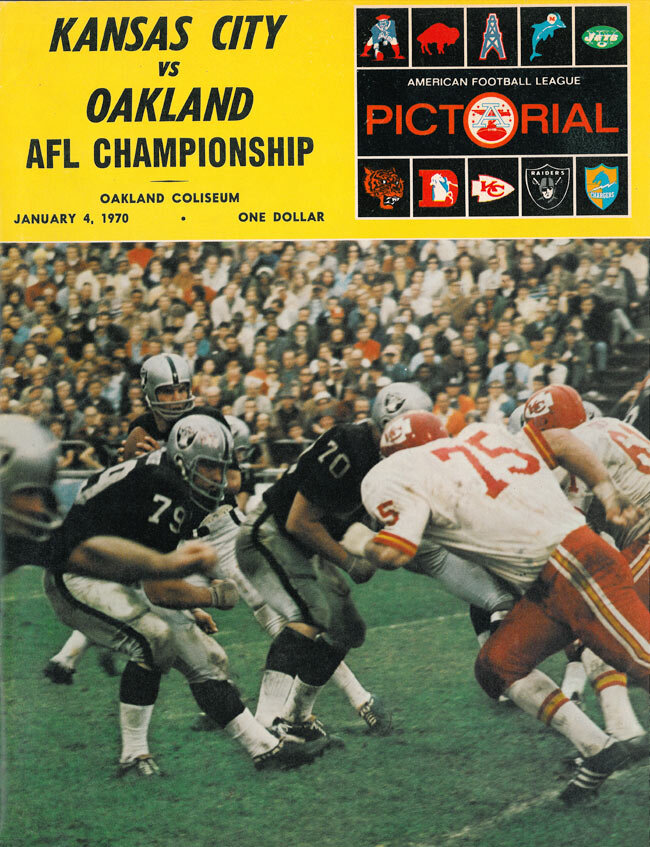
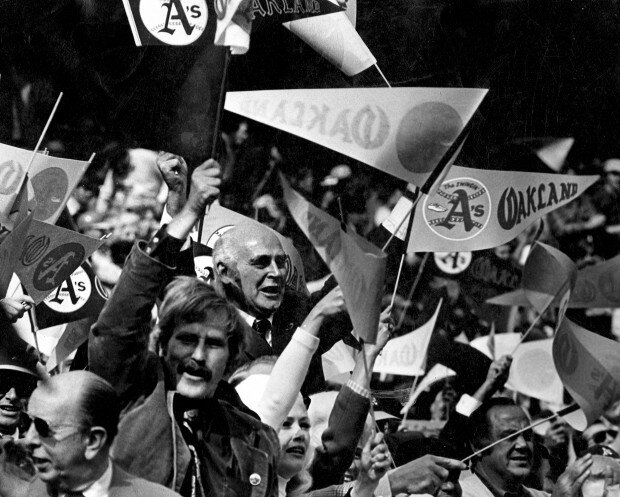
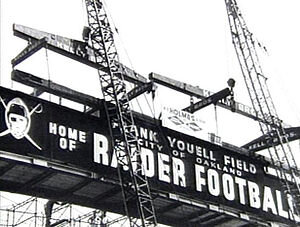
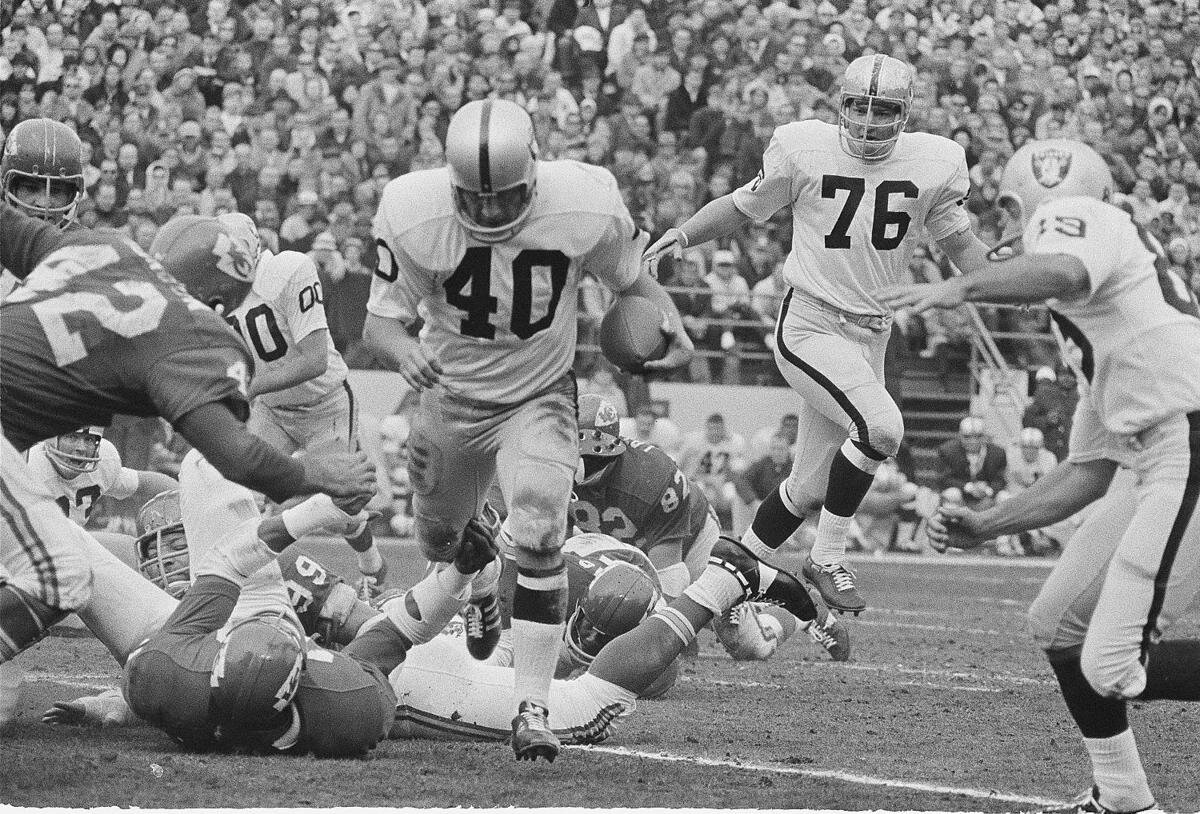
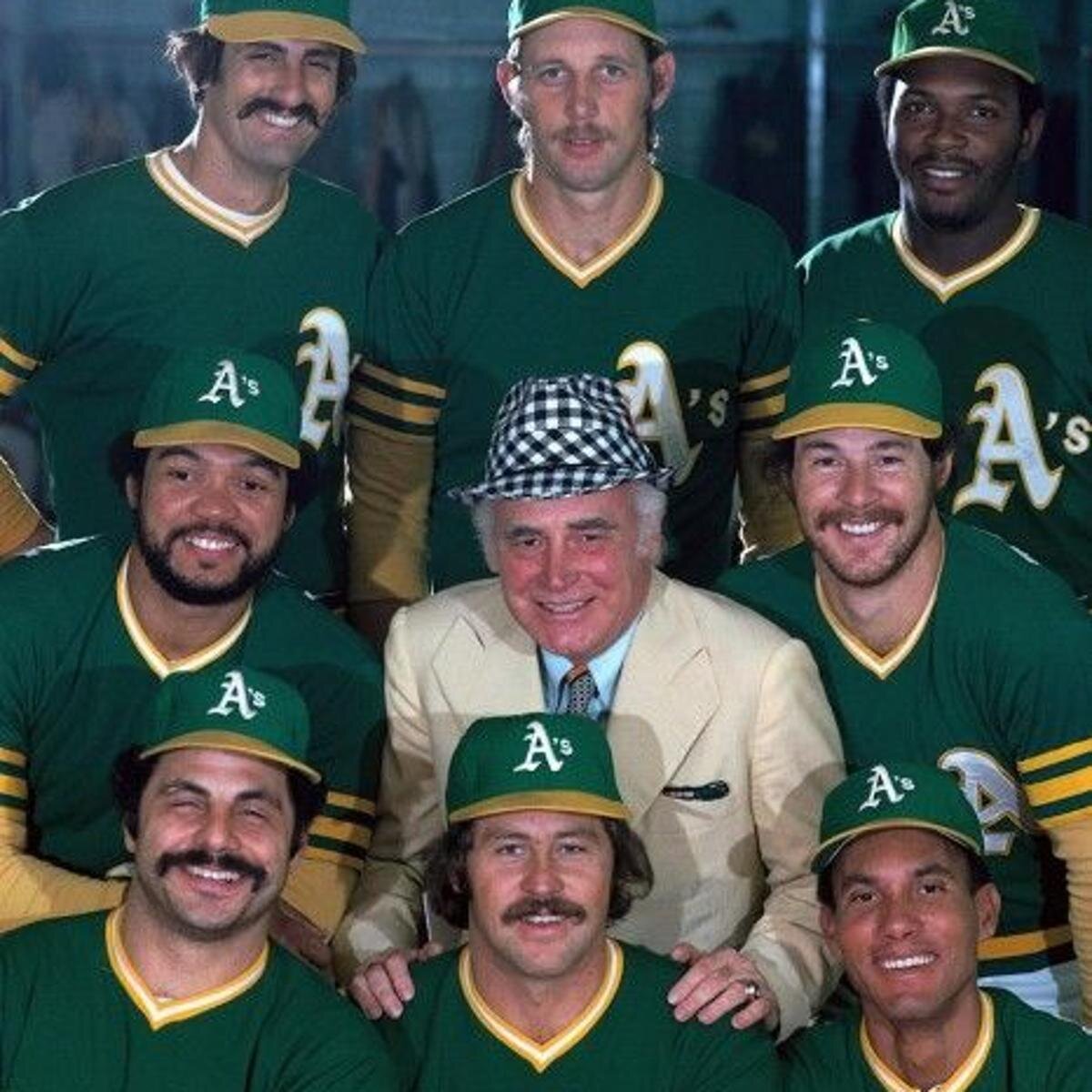
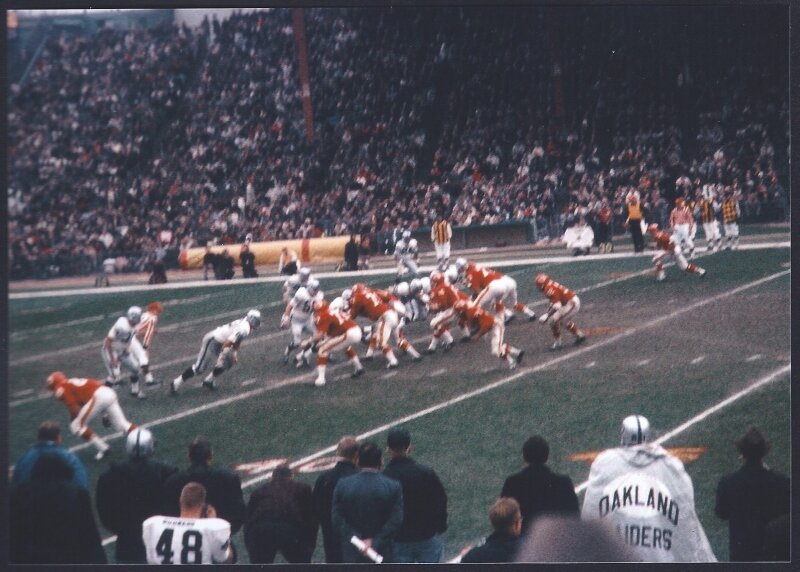
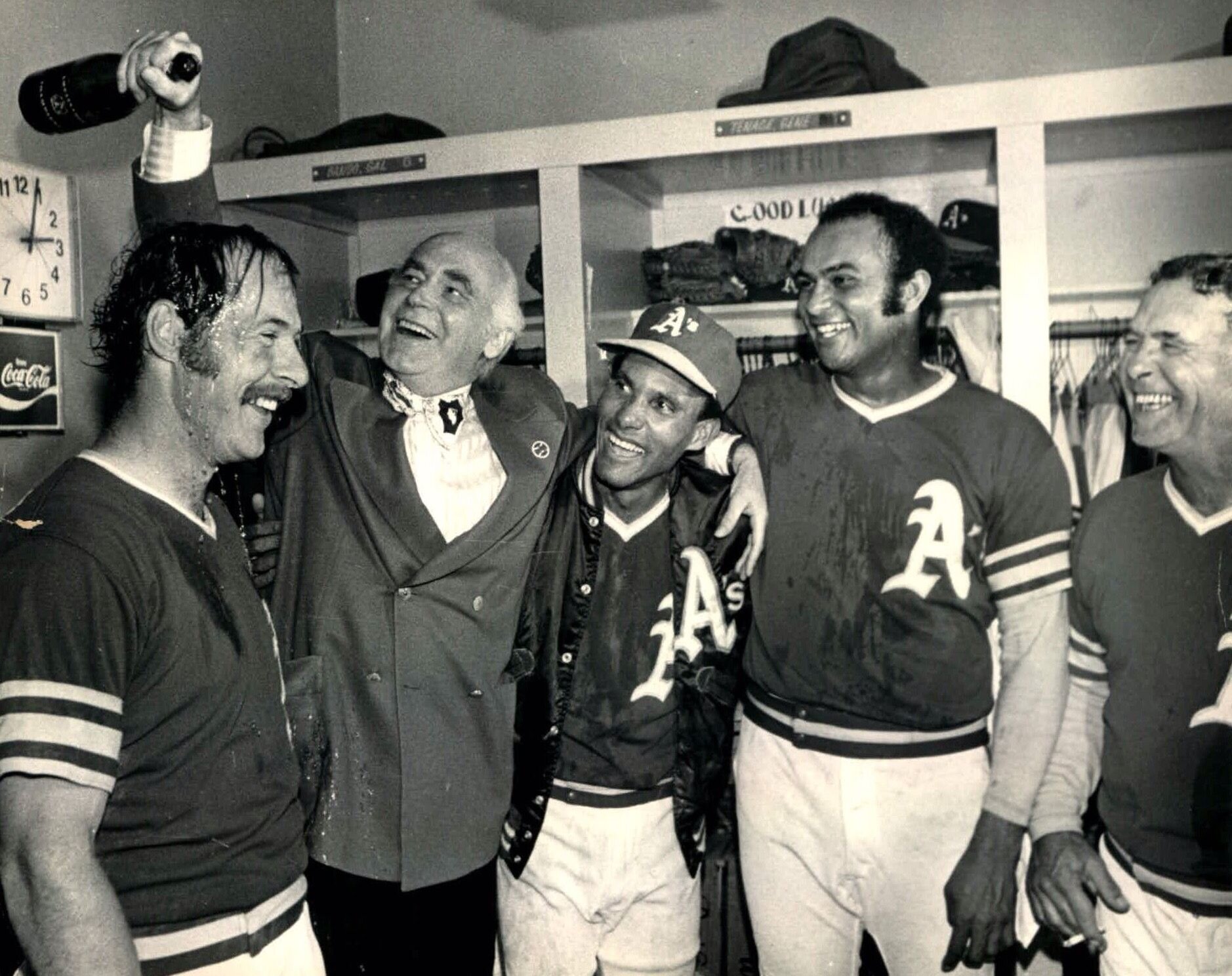
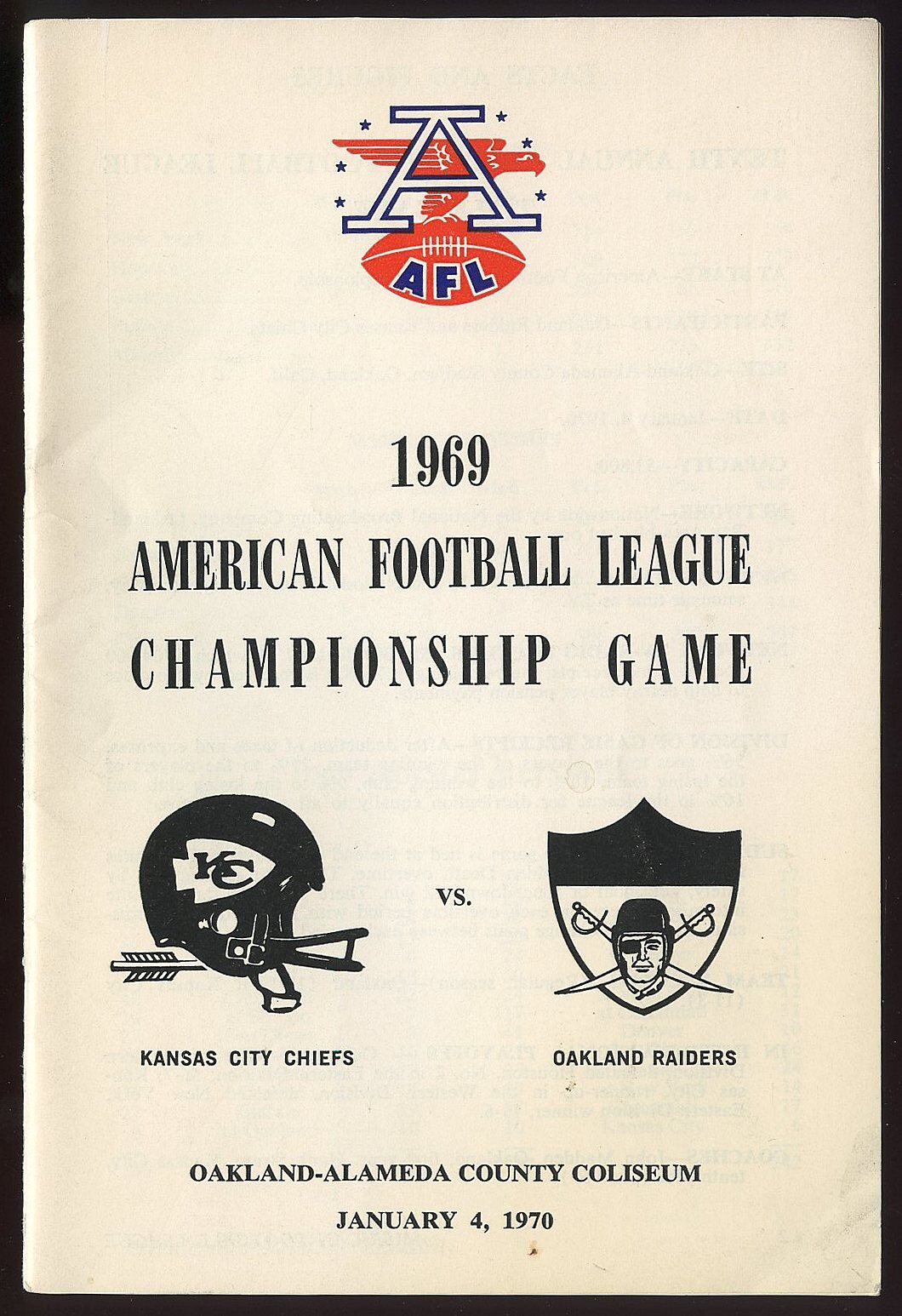
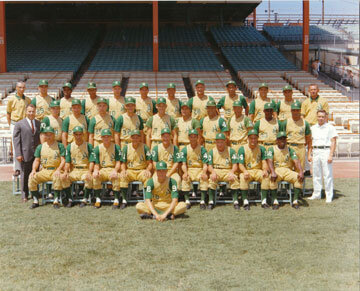
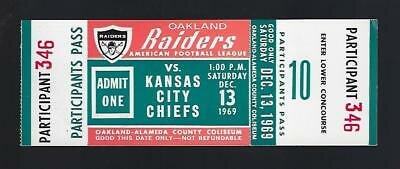
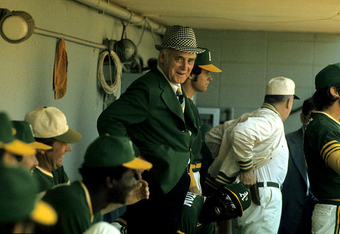
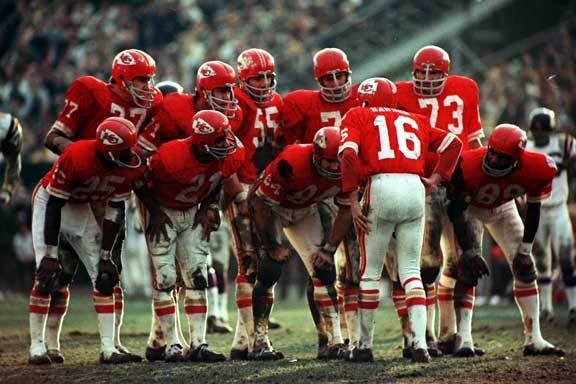
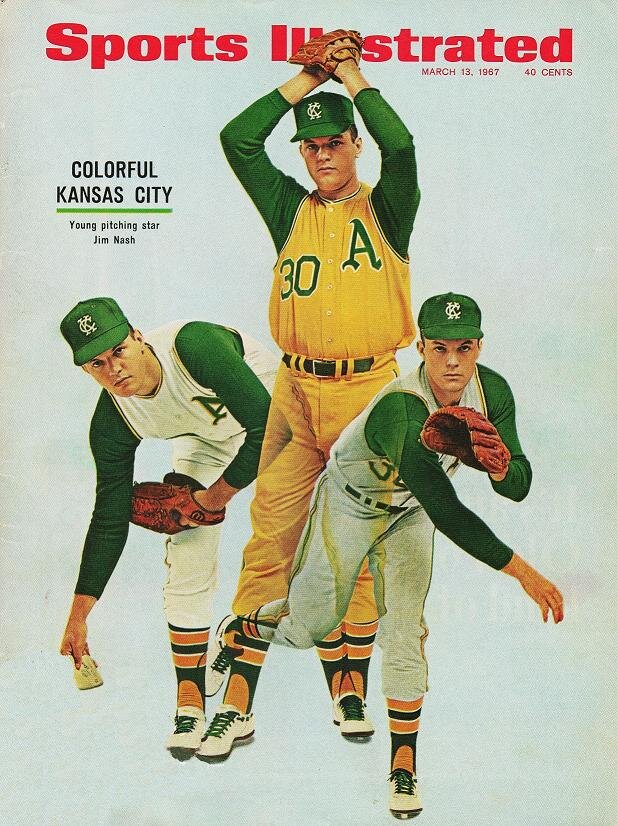
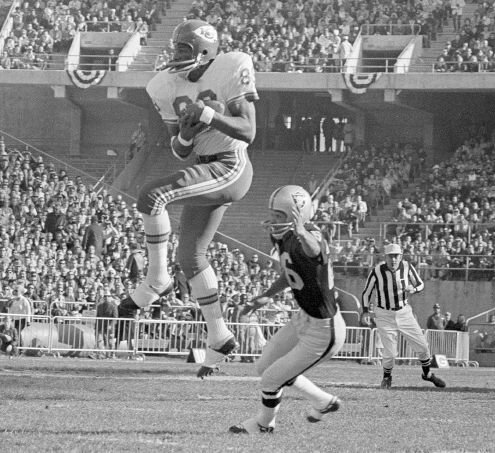

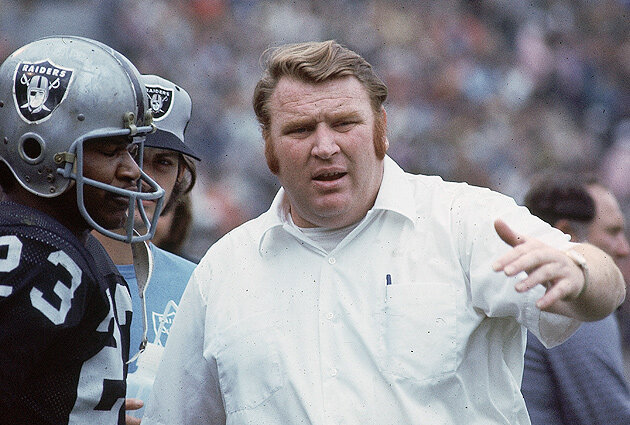
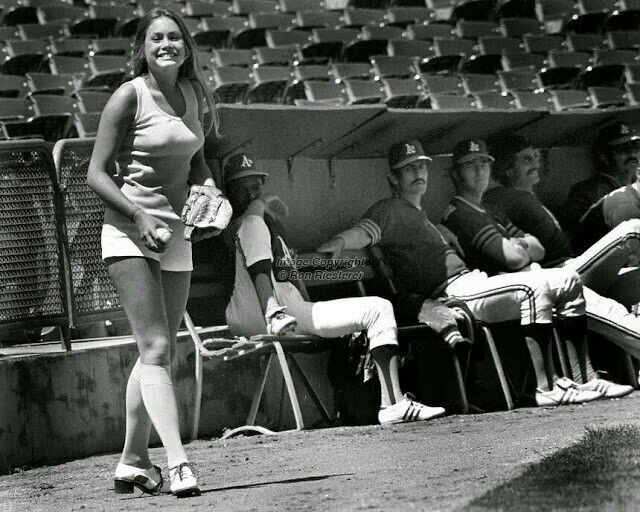
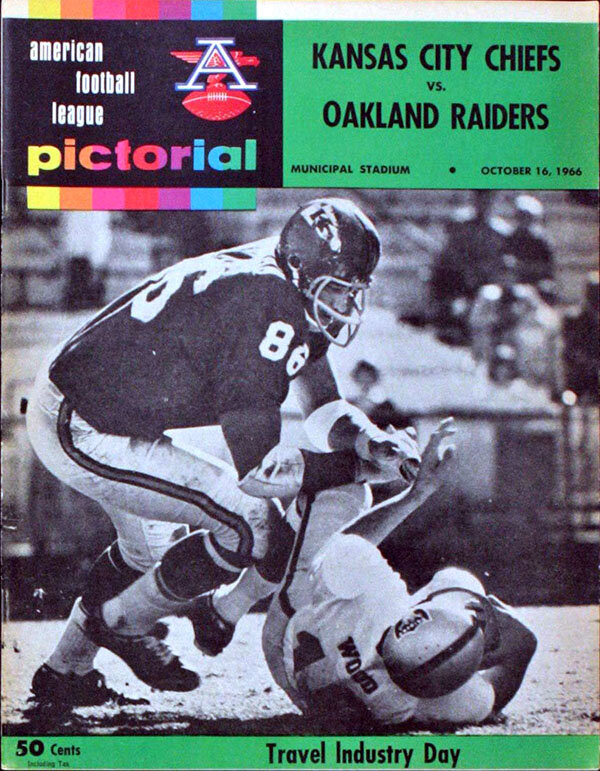
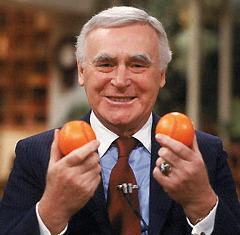
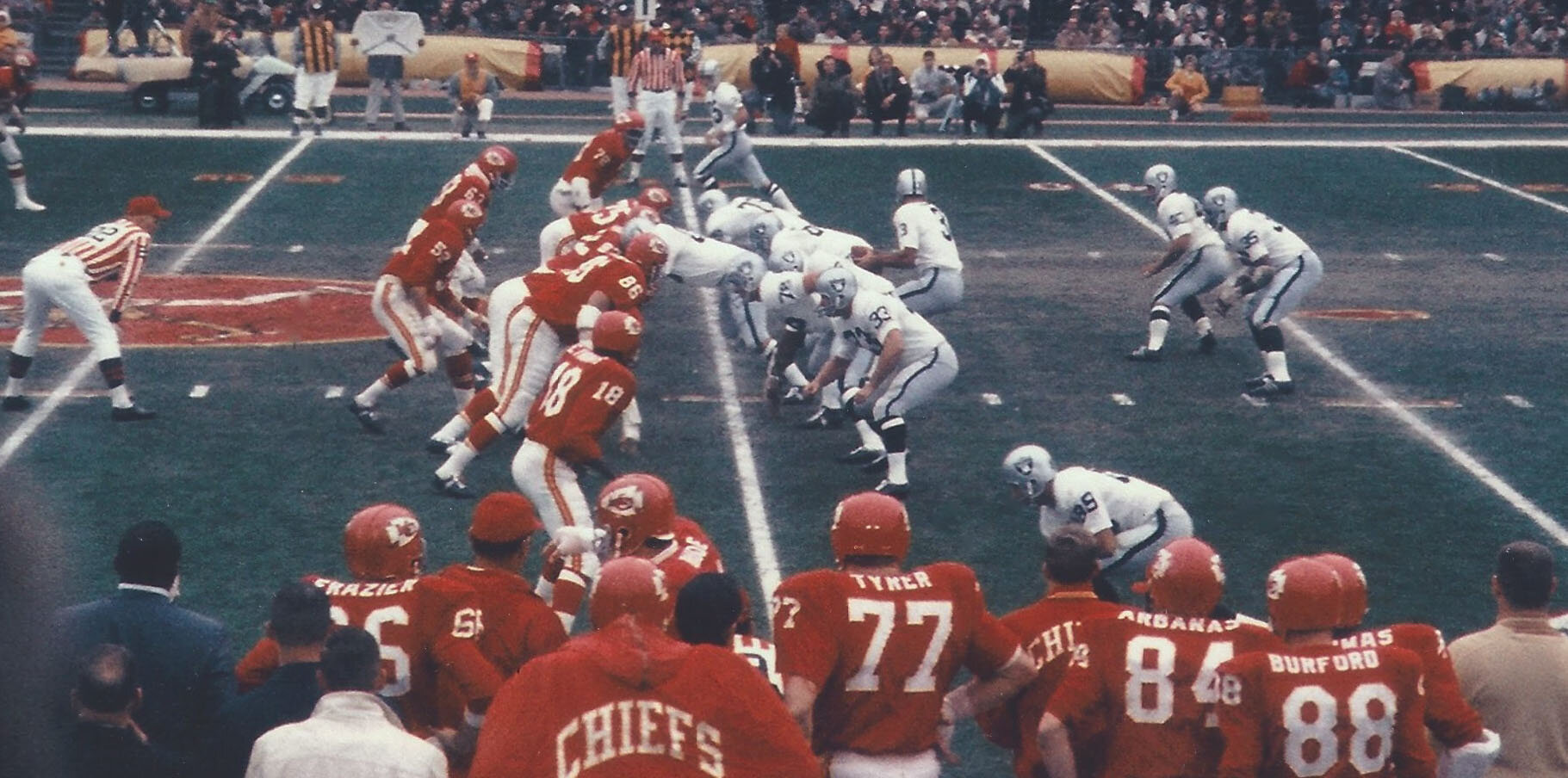


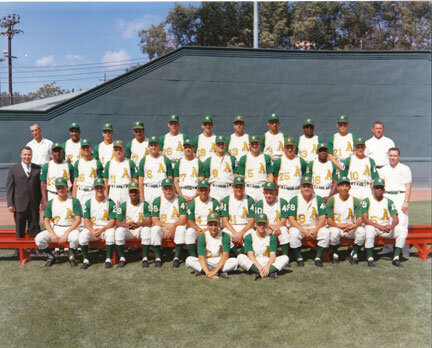
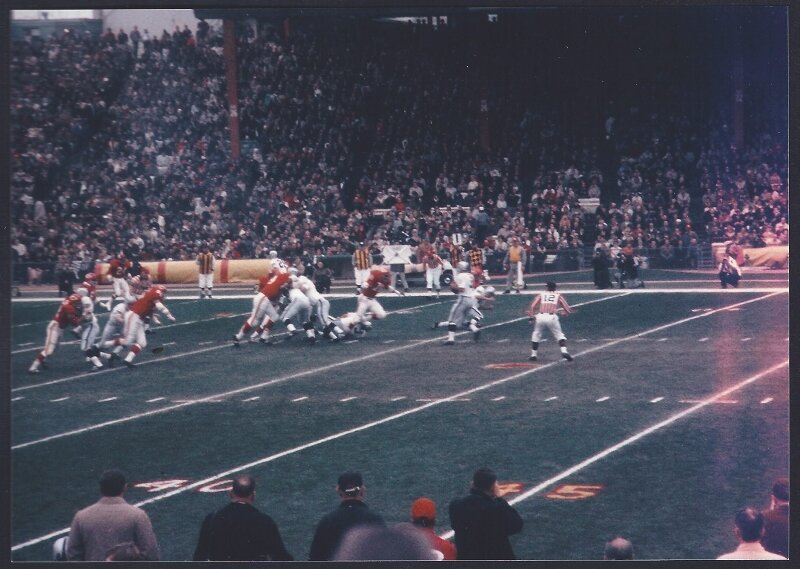
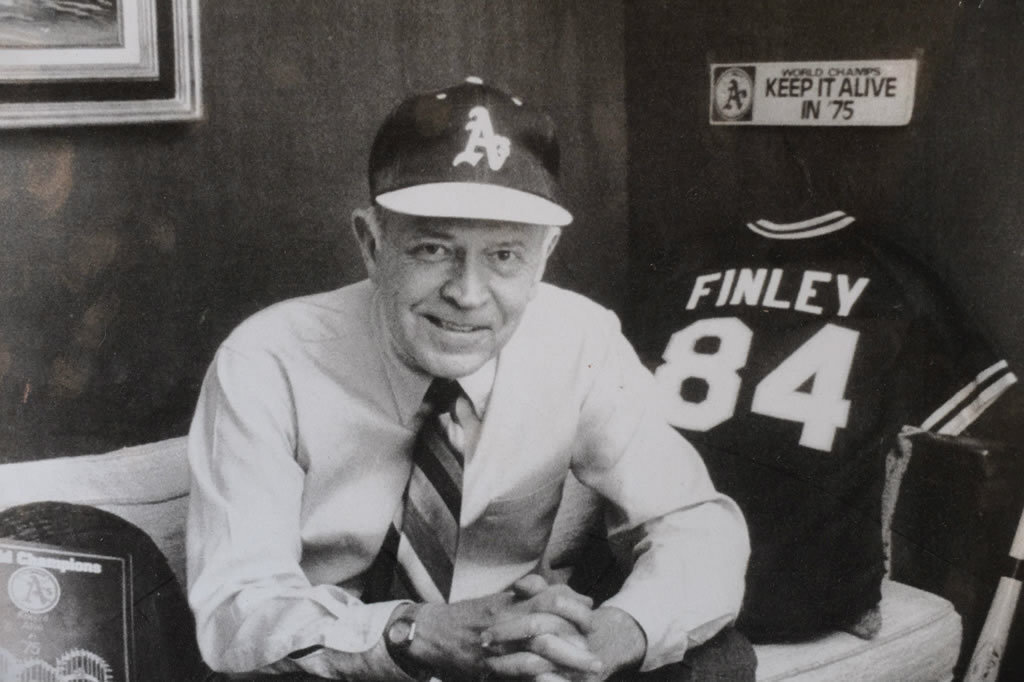
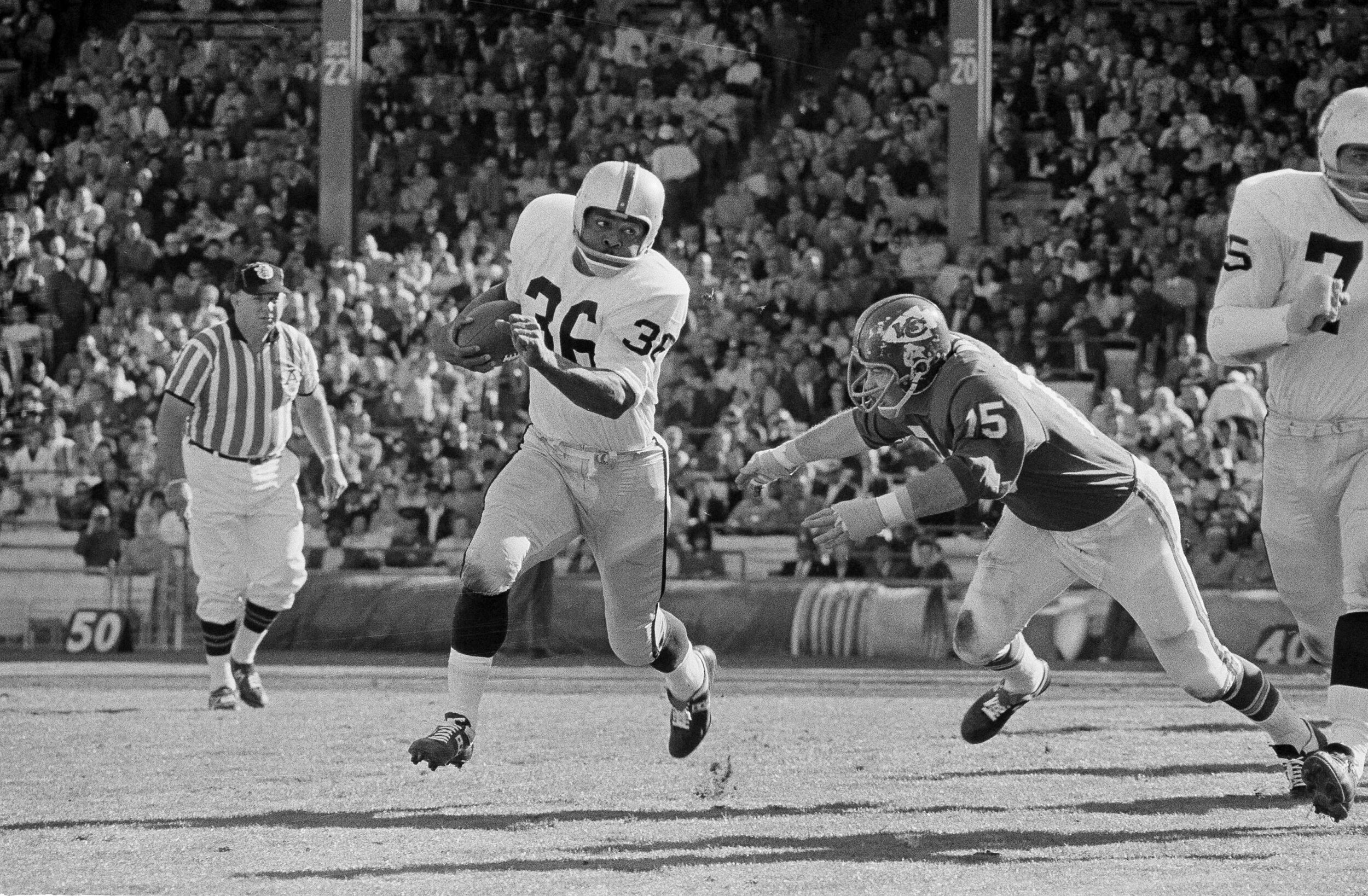
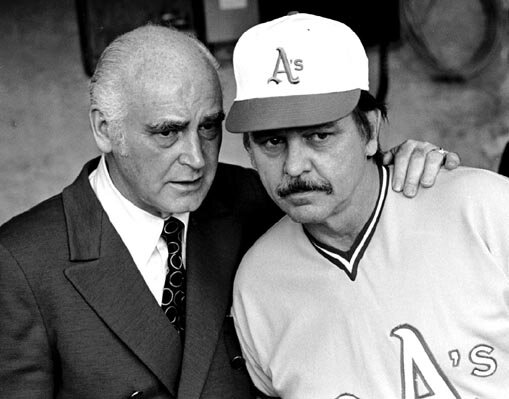
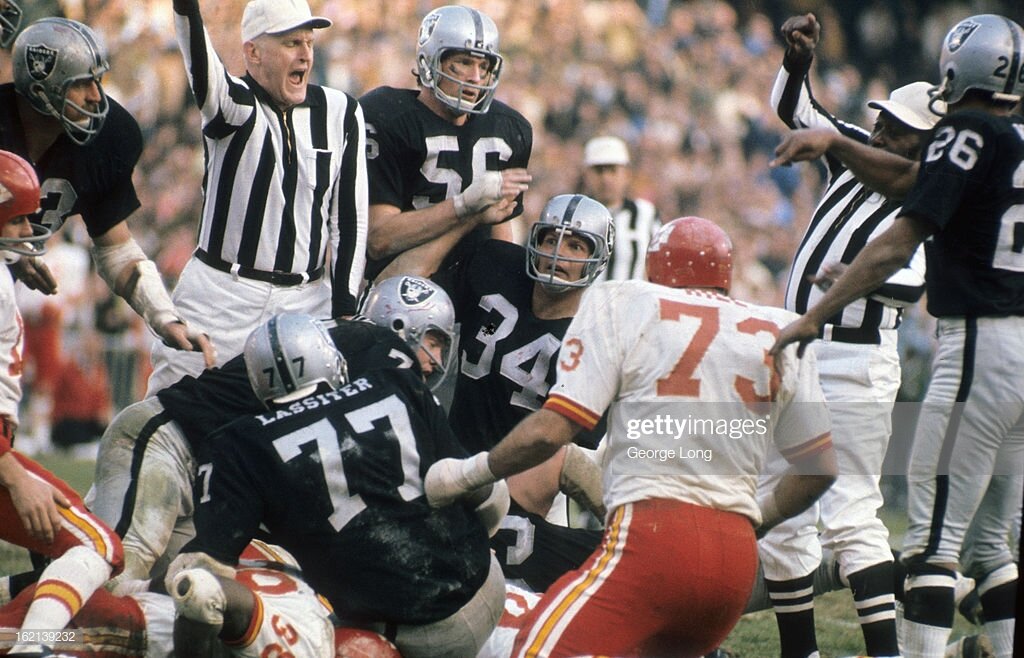
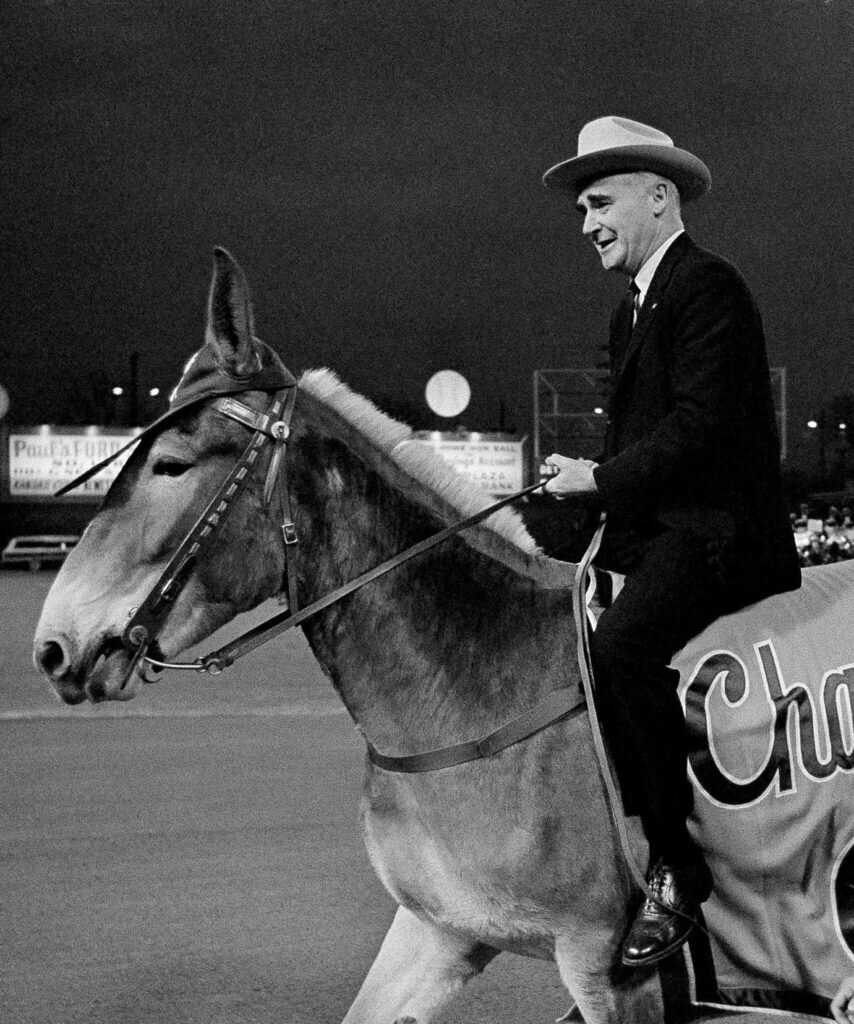

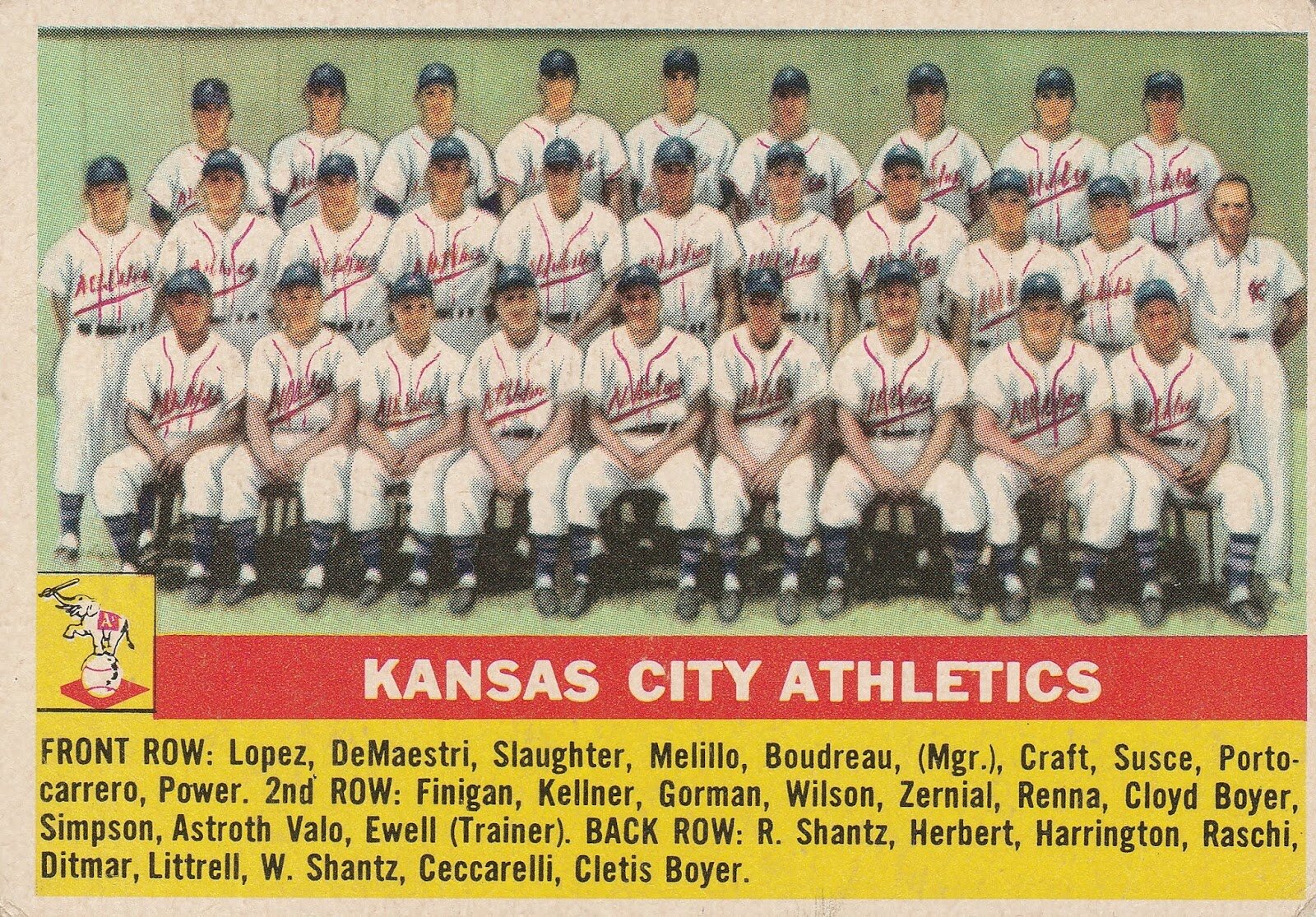
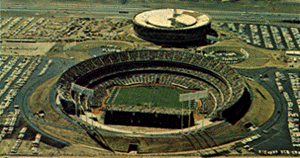
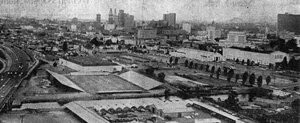
![Jay_Hankins[1].jpg](https://images.squarespace-cdn.com/content/v1/558cb662e4b0fd0c637a89c0/1572230784478-G3FVZA6C3BVIIE8CRXYV/Jay_Hankins%5B1%5D.jpg)
